Afghanistan, located at the crossroads of Central and South Asia, is a country with a rich cultural heritage and a complex history. The society is deeply rooted in traditions and tribal affiliations, with Pashtuns being the largest ethnic group, followed by Tajiks, Hazaras, and Uzbeks. Islam is the predominant religion, playing a central role in daily life and social norms.
The situation in Afghanistan is currently challenging, following the Taliban’s takeover in August 2021. The country is grappling with political instability, economic hardship, and humanitarian concerns. The Taliban’s strict interpretation of Islamic law has led to significant restrictions on women’s rights and civil liberties. While the security situation has improved in some areas, ongoing conflicts and terrorist activities pose risks for travelers.
Despite the challenges, the Afghan people are known for their resilience, hospitality, and strong sense of community. The country’s natural beauty, historical sites, and cultural traditions offer a unique and enriching experience for those willing to venture off the beaten path.
Culture and Possible Experiences
Afghanistan’s rich cultural heritage is a blend of various influences, including Persian, Central Asian, and Indian. While the current situation limits tourism, here are some possible experiences one might consider in a more stable future:
- Historical Sites: Explore the ancient ruins of the Bamiyan Buddhas, a UNESCO World Heritage Site that was tragically destroyed by the Taliban in 2001. Visit the historic city of Herat, known for its beautiful mosques and mausoleums.en.wikipedia.org Bamiyan Buddhas, Afghanistan
- Natural Beauty: Witness the stunning landscapes of the Band-e Amir National Park, with its turquoise lakes and rugged mountains. Trek through the Hindu Kush mountain range, home to diverse flora and fauna.en.wikipedia.org Bande Amir National Park, Afghanistan
- Cultural Experiences: Immerse yourself in Afghan culture by attending traditional music and dance performances, visiting local markets, and learning about the customs and traditions of different ethnic groups. Try Afghan cuisine, known for its flavorful dishes like Kabuli Pulao (rice with meat and vegetables) and Mantu (dumplings).afghancuisinerestaurant.com Afghan cuisine
Valid and Clickable Links for Further Information:
- Afghanistan Travel Advice (UK Government): https://www.gov.uk/foreign-travel-advice/afghanistan
- Culture of Afghanistan: https://en.wikipedia.org/wiki/Culture_of_Afghanistan
Important Considerations:
- Safety: Due to the ongoing security concerns, travel to Afghanistan is strongly discouraged. It is crucial to check the latest travel advisories and prioritize safety.
- Visa Requirements: A visa is required for all nationalities to enter Afghanistan.
- Cultural Sensitivity: Dress modestly and respect local customs and traditions, particularly those related to Islam.
- Currency: The official currency is the Afghani (AFN).
- Language: While Dari and Pashto are the official languages, English is spoken by some people in urban areas.
While travel to Afghanistan is currently not recommended, the country holds a rich cultural heritage and natural beauty that could offer a unique and rewarding experience for visitors in a more stable future.
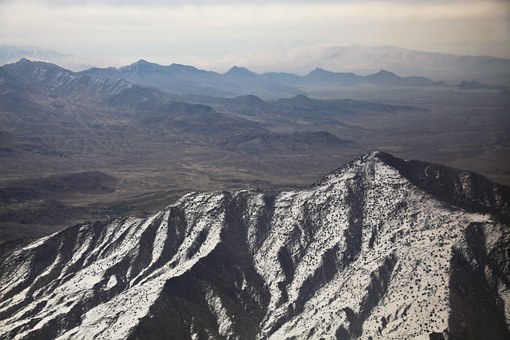
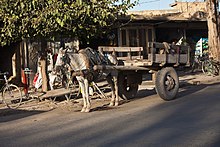
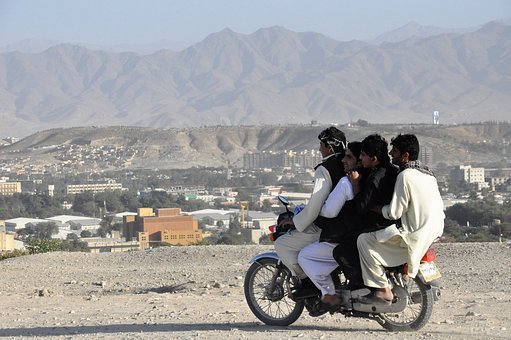
If you book more than one travel service for your trip or holiday using the links on this site, for example both hotel accommodation and flights, you will NOT benefit from rights applying to packages under Directive (EU) 2015/2302. Uramble.com and Google will not be responsible for the proper performance of any travel services. In case of problems, please contact the relevant service provider. Check with your insurance -or credit card provider.
HERE YOU FIND THE OPPORTUNITIES FOR 4 TYPES OF ACTIVE HOLIDAYS!
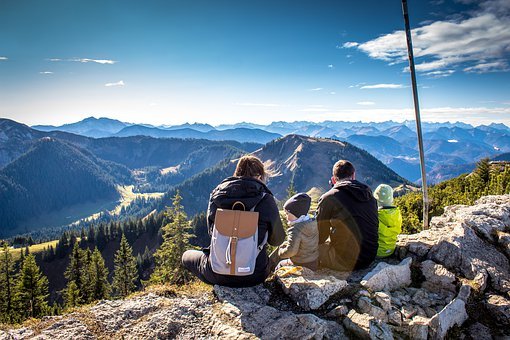
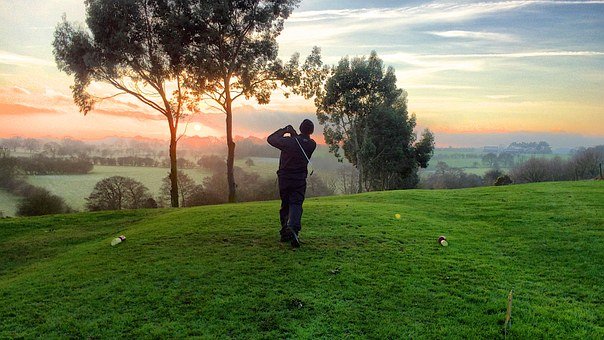

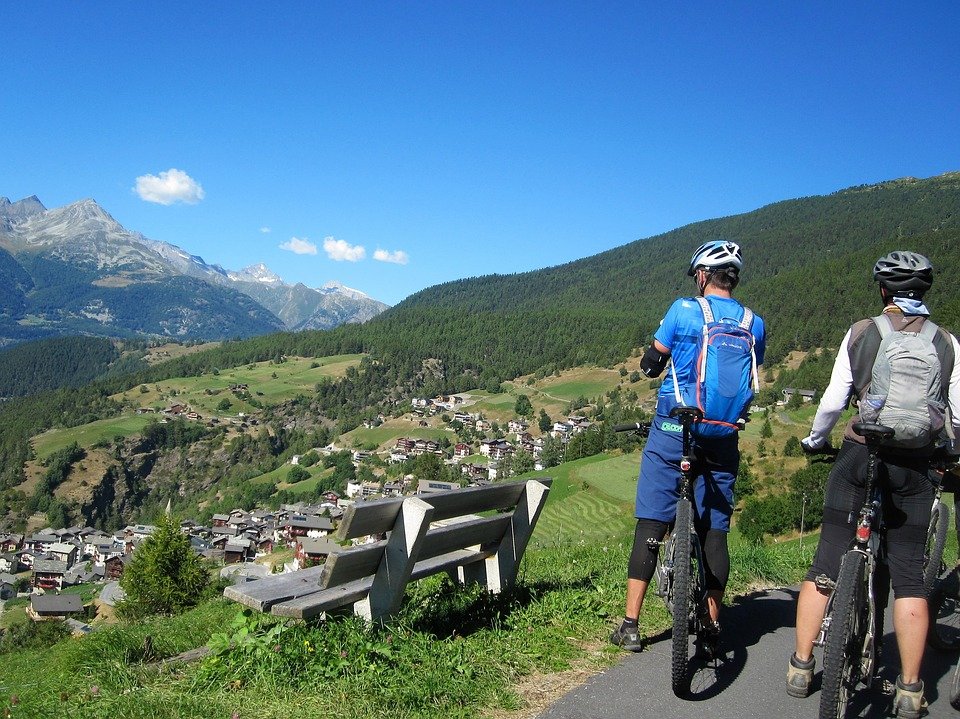

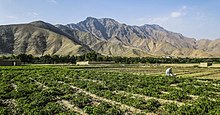
Tell us about an experience or share some information